Response in Times of Crisis
Article By Anand Baskaran
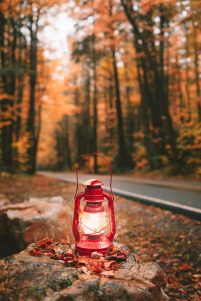 Across the globe, we are all living through interesting times, and these unique times are certainly powerful – both in our lives, as well as in human history. From different corners, across multiple forums, I am sure each of us has in the recent weeks and months heard others or indeed ourselves, say: “What a year 2020 has been!”
Across the globe, we are all living through interesting times, and these unique times are certainly powerful – both in our lives, as well as in human history. From different corners, across multiple forums, I am sure each of us has in the recent weeks and months heard others or indeed ourselves, say: “What a year 2020 has been!”
The memory of human experience seems to be warped towards magnifying what is current and in the recent past. People’s minds over the past few months have been clearly dominated by the impact of the global pandemic, the damage as well as the steps taken to deal with it. Already, the tumult just preceding that seems to have been forgotten – for instance, on the international stage, the raging bushfires in Australia that appeared indomitable until it seemed like nature herself had to step in to mitigate the fires through rain – and even subsequent floods! And closer home, the great unrest, protests and incidents of violence on the streets of India. If we zoom out on the timescale, this decade has been one of much global unrest in the social-political realm, from the Arab Spring to protests and dissent in South America, Africa, the Middle East and Asia, to name a few. If we add other significant and even ground-breaking local and global developments, both desirable and less so, the list is indeed a long one. And this is just a minuscule part of human history! Whether in the case of this pandemic, in any of the examples above, or other moments of significance and difficulty in our lives individually and collectively, one thing stands to reason: there is a need to act and to choose. There is a need to respond. This article seeks to present a philosophical response that is comprised of building strength, discernment and arises from a stable and a deeper place rather than an instant reaction to the situation.
To live or to survive?
While we hope indeed that the current global situation will not become more dire, we can also learn from history and philosophy about human nature in such situations. At times when one feels hopeless and trapped by circumstances, the strong instinct for self-preservation takes control and pushes the individual towards extreme feats on one hand, but stifles our morality and conscience on the other, as fear takes control and drives our reactions. This could manifest as cutting corners in regard to the ethics and altruism, in the interest of securing the interests of ourselves and those closest to us, at any cost to others around us. Yet, this is not the only possible way of action. We have historical as well as current examples of altruism, self-sacrifice and leadership in the most trying times. In these kinds of situations, we don’t have to merely survive – we can choose to live. Survival is defined in the dictionary as ‘the state or fact of continuing to live or exist, typically in spite of an accident, ordeal, or difficult circumstances’. Tellingly however, if we look at life holistically, beyond just the physical and material, we discover that to survive at any cost is not the avoidance of death, it is the avoidance of life! It is running away from the opportunity to live fully. When we choose Life, we are allowing something that is connected to the essential human nature, to the virtues like altruism, compassion and dignity to manifest and find expression. One meaningful way to express being alive is to look at the times and see it differently, and respond to it consciously after deep consideration to the whole, not just to the immediate situation, which is in most cases, only the metaphorical tip of the iceberg.
The opportunity in crisis
As difficult as crises can be, at the individual, social and global levels, it offers us opportunities to learn. We could say that the suffering and loss we experience in any crisis is a ‘learning fee’ that we pay. Almost inevitably, all of us pay this learning fee, yet not everyone takes the learning! To do so requires us to go through the crisis consciously, with our eyes open.
The response to the current situation demands physical isolation. But this time can also become a time of revelation for the individual; a time of solitude not easily possible before. It is a good time to find the pleasure of paying attention to the little things; simple actions which in earlier days might have seemed like a waste of our precious time. It is an opportunity to develop the ability to deepen our thinking, and it is a time to give real value to the things that matter the most: human virtues.
Beyond Protest, a Response
Often at the societal level, changes made (or indeed, a lack of movement towards change) have been met with reactions from individuals and groups in the form of protest. While protest has its role in society, it comes with the risk that the very act of choosing a side can easily allow us to fall into the illusion of seeing only two extreme and contrary approaches, rather than an altogether alternative narrative that actually considers the nuances of the situation. What is needed is an investigation to really examine the situation holistically, and an ability to offer real solutions. This comes from a place beyond protest. While seemingly well intentioned, when we participate in demonstrations, we are voicing a subjective opinion. Beyond our inclinations and backgrounds lies the realm of objectivity, the connection to which is essential in order to bring genuine lasting solutions. To discover this, we need to look deeply within and discover what makes us human: our search for happiness, our recognition of goodness, truth and beauty, our inherent nature to be generous and compassionate. This universal human aspect is what strengthens us, and this is what is well worth fighting for.
A Time for Philosophy
To be a philosopher is to embrace life with all its beauty and all its challenges. It is to bring one’s best to the fore even when the body, mind and emotions pull us towards withdrawing from facing our challenges. It is to see the world and reality with “good eyes” that seek to identify the opportunity in every crisis, the best in each human being and human group, and discern the essential from the superficial. It is to awaken our deep virtues and love for what is just and beautiful, as a response to difficulty and crisis. In these difficult times that call upon us to respond, it is time to awaken the philosopher in each of us. To be a philosopher is to act with common sense. A philosopher is not dimmed by opinion and ‘the constant dance of outer forms’, but develops an inner compass to help us navigate today’s world. We cannot change the situation that we are in right now. But we can definitely learn from it, and discern between what should really matter to us, and what does not deserve to consume our time as it may have up until now. This is a time that permits, and even demands, real reflection. In such moments when fear and panic easily spread, it is for us to discover the strength of our inner tranquillity, based on the stability of our consciousness. The current crisis will pass, as everything passes. We can focus on using the time to invest in what is essential to us, in the permanent things. To strengthen ourselves thus will indeed be an apt response to the crisis.
Image Credits: By Silviu Zidaru | Unsplash | CC0
The entity posting this article assumes the responsibility that images used in this article have the requisite permissionsImage References
By Silviu Zidaru | Unsplash | CC0
Permissions required for the publishing of this article have been obtained
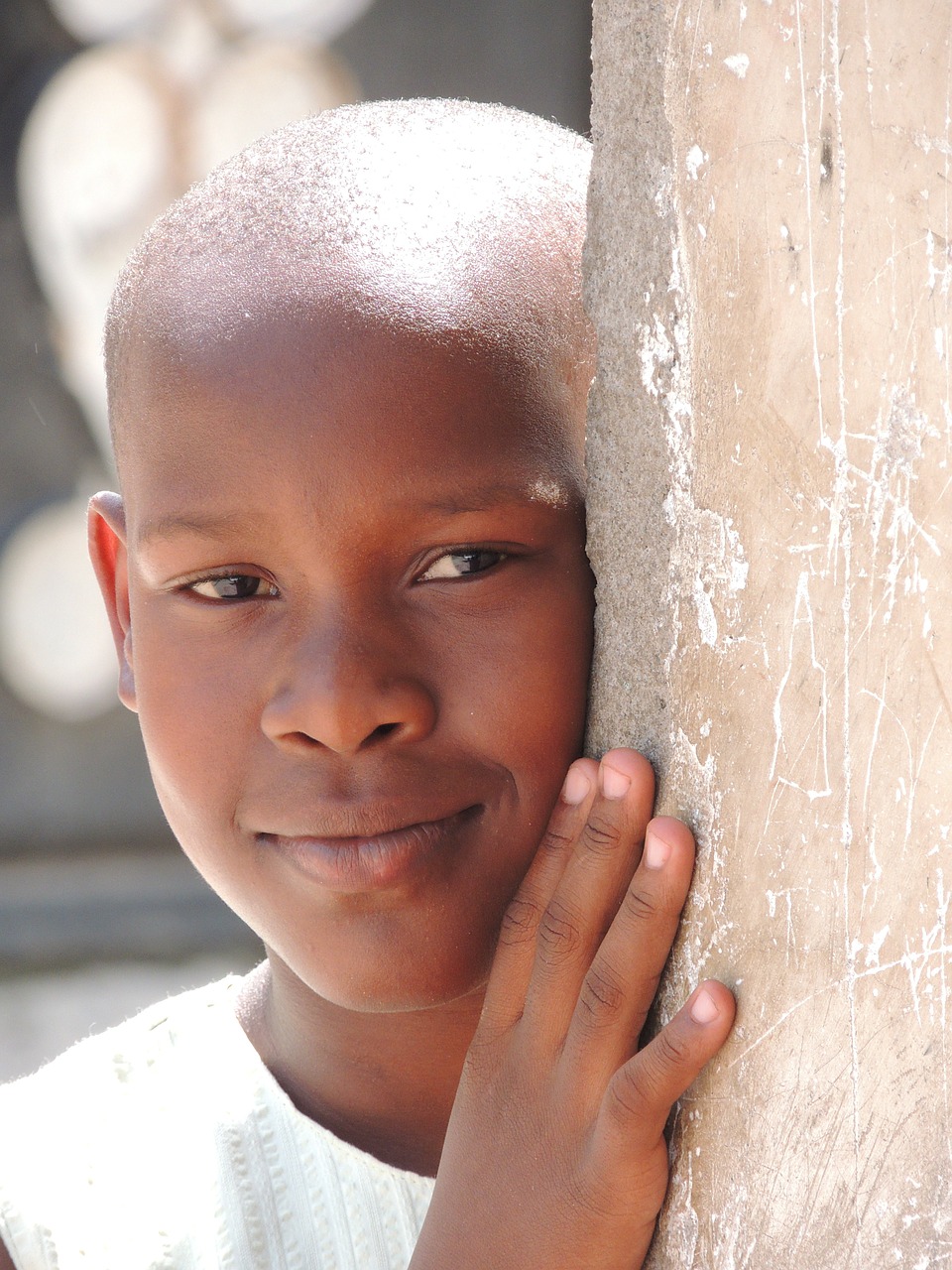
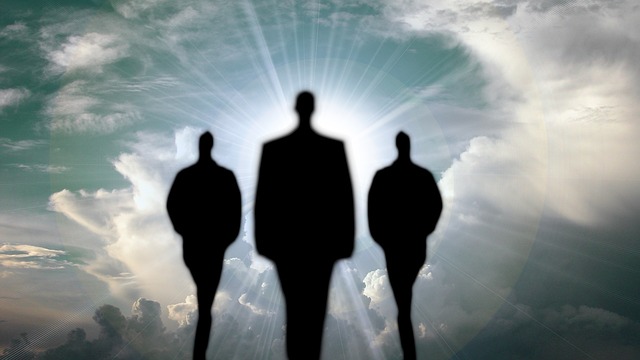
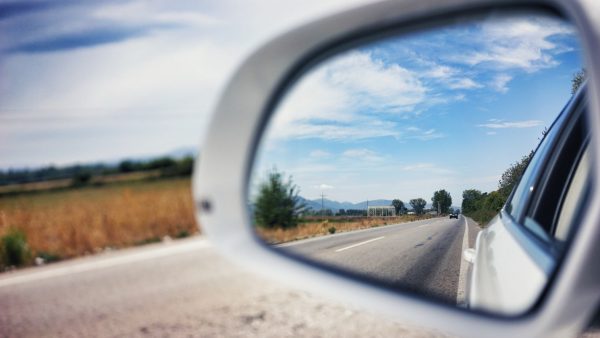
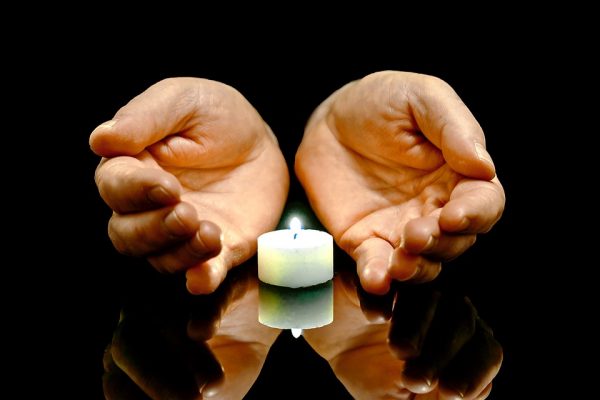
What do you think?